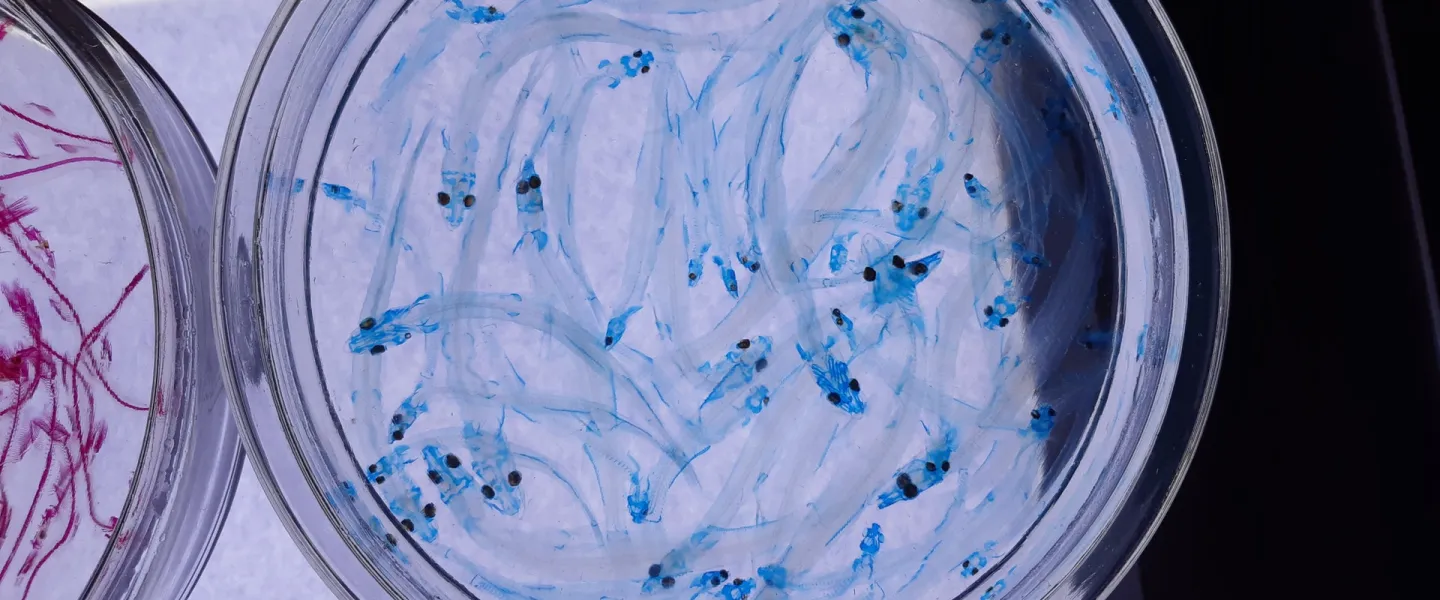Which came first, the enzyme or DNA? How do crickets find a mate in the dark? How do the cells in your body make 10,000 different types of protein? Are GM plants a good idea? If you want to know the answers to these questions and have more of your own then biology could be the perfect subject to choose.
A-level biology is challenging and extremely popular. The course is divided into a series of short topics so that knowledge and confidence develop and grow quickly. Studying biology will involve discussion, debate, individual work and research. Practical skills are essential in biology and are gained throughout the course along with analytical and problem solving skills.
Students study the AQA specification which is assessed at the end of Year 13 when pupils will take three, two hour examinations. Paper one (35%) includes the topics of biological molecules, cells, how organisms exchange substances, genetic information and variation. Paper two (35%) includes the topics of energy transfer, coordination and response, inheritance, populations, evolution and control of gene expression. Paper three (30%) covers all topics and assesses students’ practical skills, critical analysis of experimental data, and has an essay question.
A separate endorsement of practical skills will be taken alongside the A-level. This is assessed by teachers and is based on direct observation of students’ competency in a range of skills that are not assessable in written examinations. Throughout the course pupils will have the opportunity to use a variety of apparatus to demonstrate and develop their techniques.
The biology department provides a considerable amount of additional support and opportunities. For example, we offer preparation classes for both the UCAT university entrance examinations. Pupils enjoy outdoor learning experiences at Chester Zoo and on a field trip, where they also complete one of the required practical investigations.
Biology is an essential subject for any form of biomedical science, including medicine, dentistry, physiotherapy and veterinary science. It is also a superb foundation for a future in research and is highly regarded by competitive courses. An A grade in GCSE biology (or 7-7 in Double award science) is needed to be accepted.
In the long history of humankind (and animal kind, too) those who learned to collaborate and improvise most effectively have prevailed
Charles Darwin
